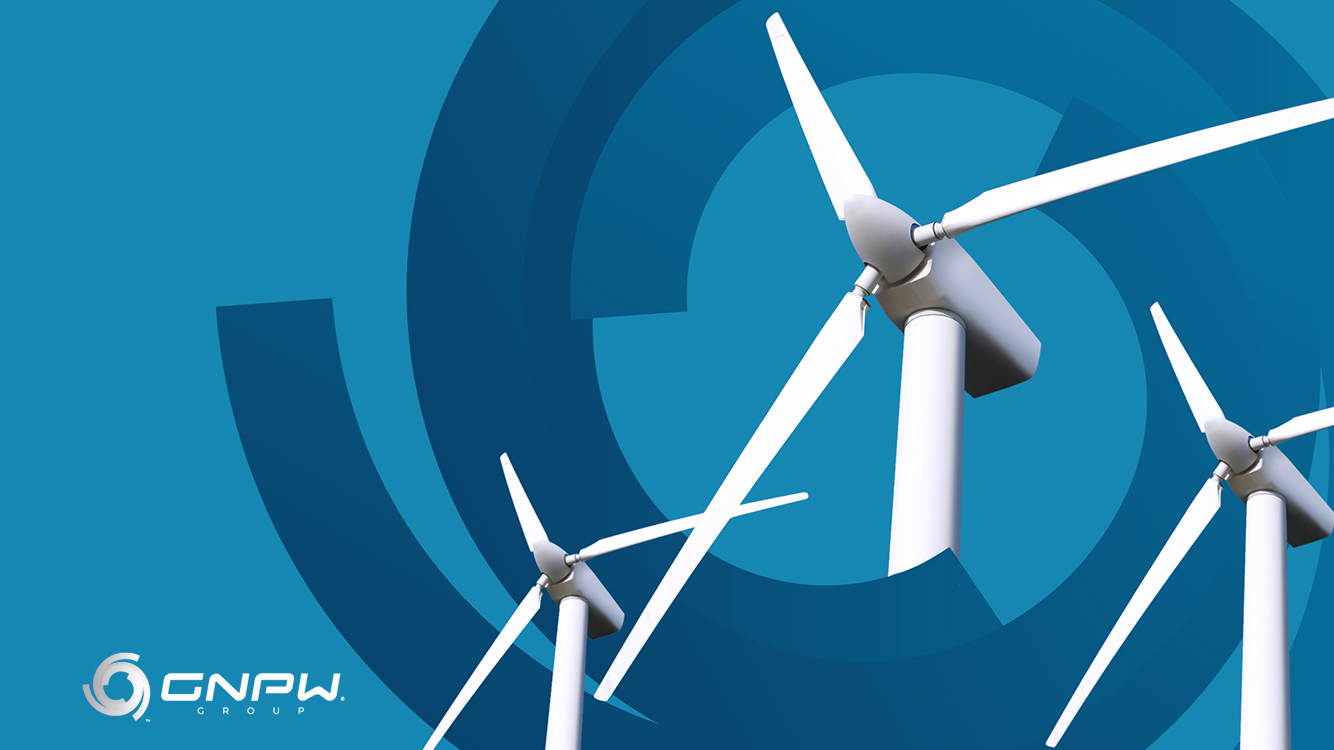Wind energy projects in Brazil are expected to receive billionaire investments in the coming years. Understand the importance of this source for the country!
Wind energy is a clean and renewable energy source that has been gaining prominence in Brazil. Generation through wind energy takes place with the use of natural resources, in which the wind turns a huge propeller connected to a generator, creating mechanical energy and transforming it into electricity.
In the 12th century, the first hydraulic and wind mills appeared, using both the movement of water and wind to produce energy. Thus, this type of power generation has always been used by man, but over time, production has gained technology and innovation, even enabling the generation of wind energy on the high seas. Understand better on the subject.
What is the scenario of wind energy in Brazil?
In Brazil, wind energy is already the second largest source of the energy matrix. According to the Brazilian Wind Energy Association (ABEEólica), the installed capacity in Brazil reached 16GW in 2020.
The winds from the Northeast are known for their quality and consistency. The region accounts for 86% of the country’s wind energy production and has more than 7,000 wind turbines in 601 wind farms. But in 2020, a good crop of winds in the south of the country caused wind generation in the region to grow 14% in the quarter.
Investments for the sector in Brazil continue to grow, confirming that the energy model is a trend in the country. The National Bank for Economic and Social Development (BNDES) raised US $ 100 million from the Japanese Bank for International Cooperation (JBIC) to develop wind energy projects. The funds raised for this and other projects will allow the development of 12 wind farms in Bahia and Pernambuco, with an installed capacity of 331.85 MW, with investments in excess of R $ 2 billion.
What is the importance of investing in wind energy?
The advantages of wind power go far beyond reducing dependence on energy from fossil fuels. This source benefits both society and the ecosystem.
The lands where the wind farms are installed provide the lease of land from small landowners, bringing economic development to these regions and generating jobs. In addition, the plant lands can also be used for agriculture and livestock, promoting development in two fields.
In the case of the ecosystem, investments in wind energy help the environment, as energy production does not generate waste and does not release harmful gases into the atmosphere. In this sense, there are also advantages for governments that invest and encourage adherence to wind energy.
First, by using clean energy, it is possible to reduce CO2 emissions, complying with international agreements. Another point is that the country that invests in clean and renewable sources expands its energy capacity, bringing more security and credibility to the sector. Sometimes, they also manage to reduce energy generation costs, in the case of countries that need to import energy to supply domestic demand.
Therefore, wind energy in Brazil only tends to grow and attract more investors. Although it is energy with a high development and implementation cost, maintenance is simplified, making it a great financial investment, with high profitability.
Did you like this content? Still have any questions about wind energy? Leave your comment in the post!

Comment